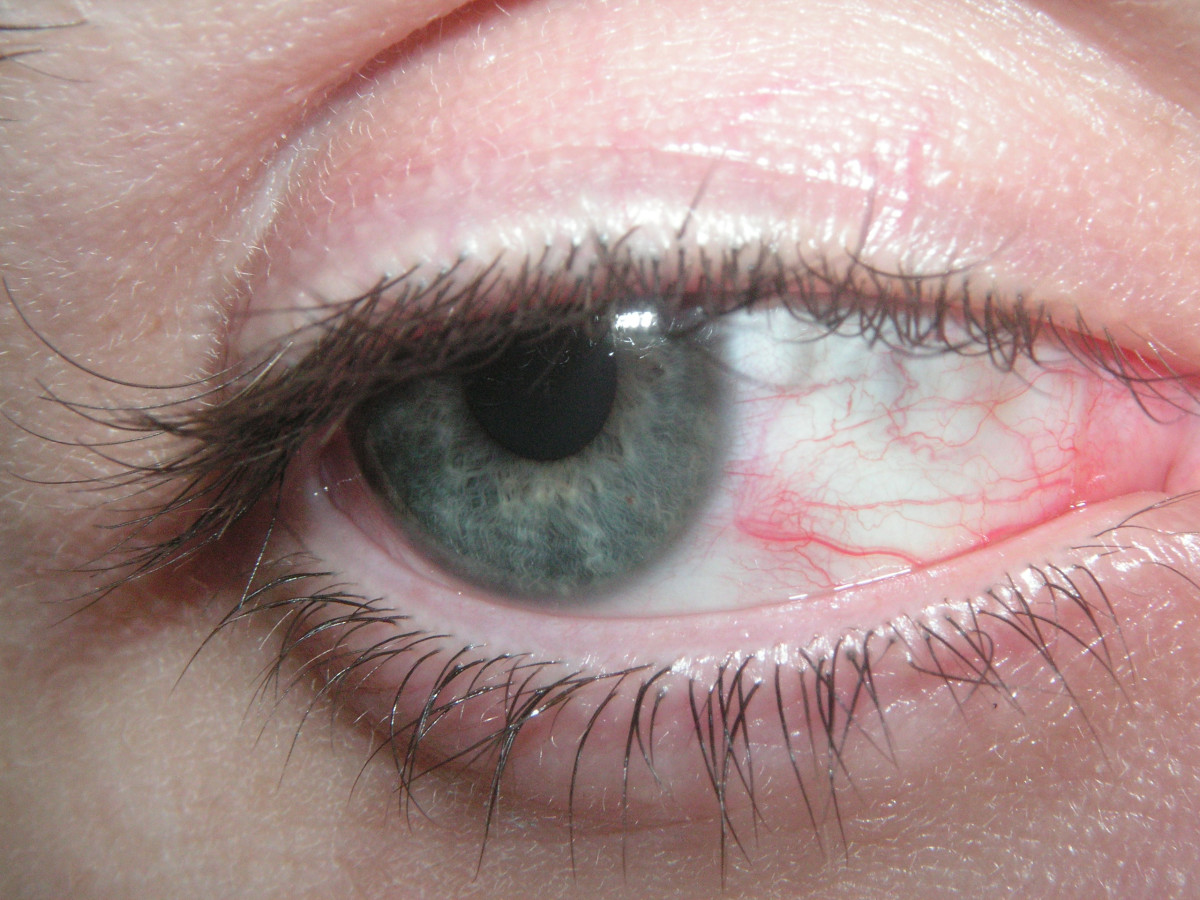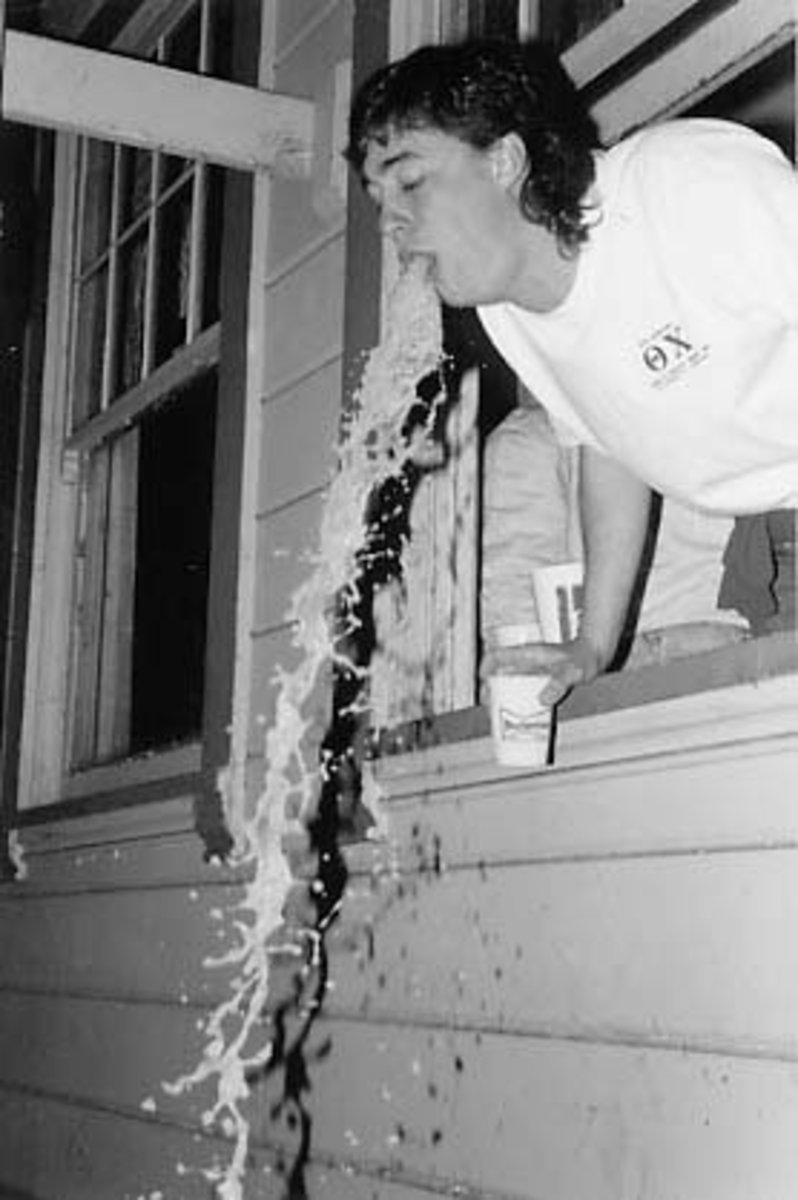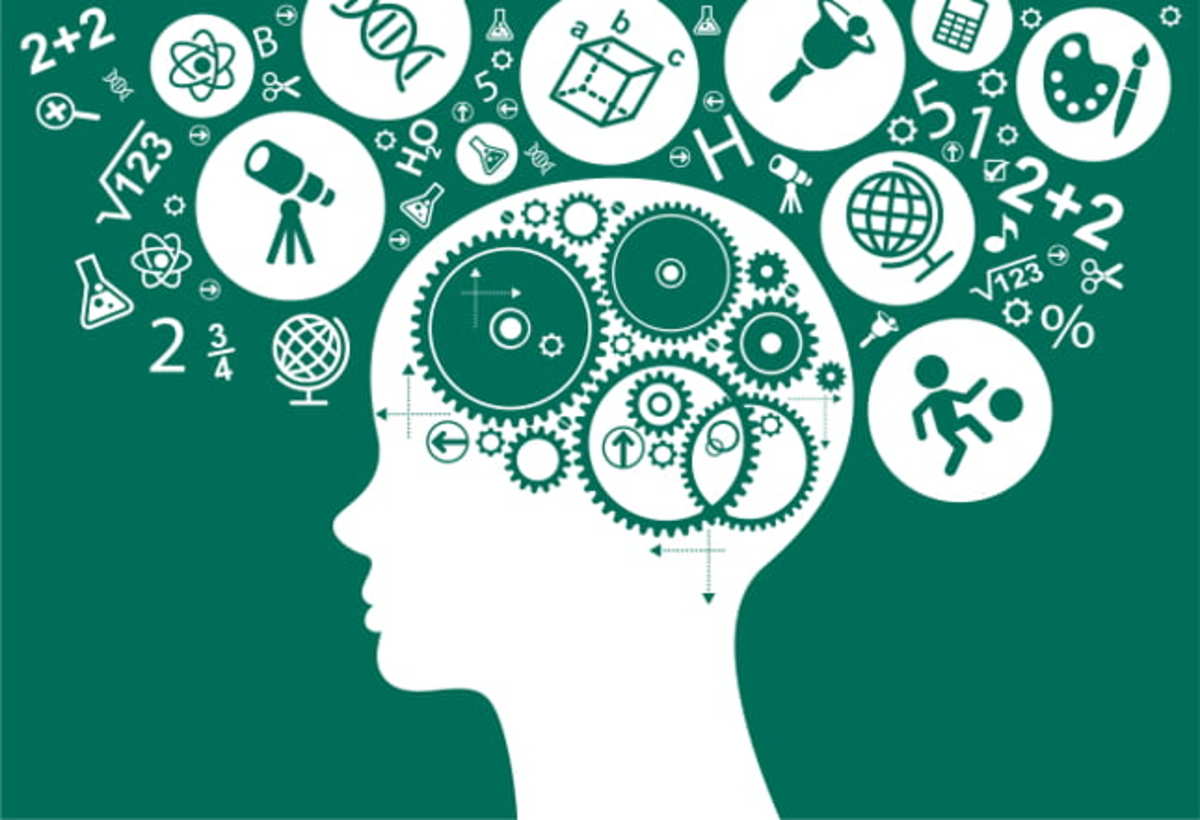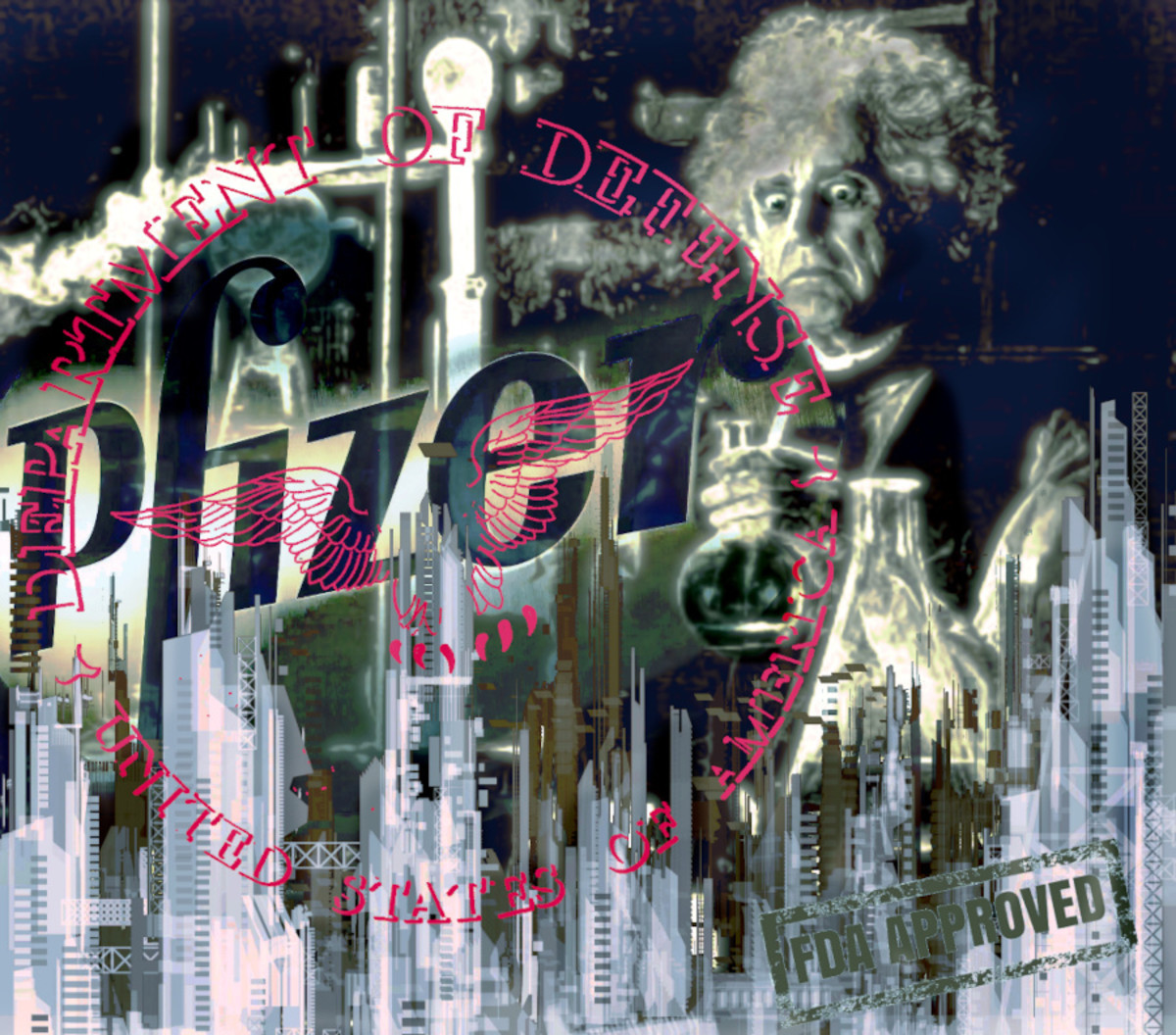What Are Some of the Negative Impacts of Teenage Drinking?


By Roldens Paulynice
As most of us know, most teenage drinkers are not mature enough to do certain things in life. They drink, but they do not know about the negative impacts of alcohol. In reality, alcohol can have many negative impacts on their lives. Teenage drinking is prohibited in many countries, but that does not discourage many teens from drinking. For example, “Laws have established 21 as the minimum drinking age” (Dangers of Teen Drinking). But many teenagers disobey the law. “In 2012, nearly three-quarters of students (72 percent) have consumed alcohol (more than just a few sips) by the end of high school, and more than a third (37 percent) have done so by eighth grade” (11 Facts About Teens And Alcohol). As a matter of fact, drinking can cause teenage drinkers many problems, such as dying, having depressive mood or poor mental health, exposing them to high risky behaviors or engaging in sexual activities, having lesser grades or other academic difficulties, having brain problems, having families problems, engaging in other drugs activities, or having sleeping troubles. Frequently, if ever, can teenage drinking cause society a lot of deficits or troubles?
Many underage or teenage drinkers died from drinking alcohol, which may also affect their bodies. “A new analysis of data released by MADD on April 17 revealed that 68 percent of teenage deaths attributable to underage drinking are not traffic-related, but due to other factors like alcohol poisoning, drowning or suicide” (Amanda). This seems to verify that traffic-related activities are not the factors that cause many underage drinkers or most teenagers to died, but suicide and alcohol poisoning are. Alcohol poisoning, which can cause underage drinkers troubles, can take place among them when they drink intentionally or unintentionally or drink too much. According to Mayo Clinic staff, “Alcohol poisoning can occur when you accidentally — or even intentionally — drink household products containing alcohol, alcohol poisoning generally results from drinking too many alcoholic beverages, especially in a short period of time” (1). In addition to that, College Drinking -Changing the Culture shows that alcohol poisoning can negatively effects the nerves that control some of our actions and can even stop our “gag reflex” or our breathing systems.
Drinking can negatively impact underage or teenage drinkers’ mental health or can cause them to have depressive moods. According to a study titled Liquor Control Board Seeks Comments about Draft Marijuana Market Rules that was conducted by Prevention WINS and released in Monday, May 20, 2013, they interviewed some underage drinkers or some teens. They tried to determine their level of substances use and their mental health status and if alcohol can cause them to have a depressive feeling. What they found was that among those who said that they had a depressive mood or a depressive feeling in the past year, 36 percent used alcohol, 30 percent used marijuana, 19 percent used Tobacco, and 12 percent used pain killers. When they questioned the ones who did not have a depressive feeling in the past year, they found that 18 percent used alcohol, 14 percent used marijuana, 8 percent used Tobacco, and 3 percent used pain killers. This idea can make us realize that even though both underage drinkers who had depressive moods in the past year and those who did not have one drink alcohol or use drug, it is clear that those who had depressive moods had higher percentage of using drug or drinking alcohol; as a result, we may infer that underage drinkers who are more likely to use drug or drink alcohol are more likely to have depressive moods or get affected in their mental health. Not only does this study show that, but The Institute of Alcohol and Study also shows in their article titled Alcohol and Mental Health that “mental health problems may be a cause of problem drinking , and sometimes heavy drinkers start to misuse prescribed drugs, or illegal drugs, causing harm to mental health”(3).
Many underage or teenage drinkers often involve in sexual intercourse, which can cause them trouble, or often expose to risky behavior due to alcohol. According to NBC News, People Magazine commission landmark national poll, “Nearly 3 in 10 (27%) thirteen to sixteen year-olds are sexually active and ‘have been with someone in an intimate or sexual way.’ Most of these sexually active teens have touched someone else’s genitals and almost half had oral sex and/or had sexual intercourse. Sexual activity is much more common among 15 to 16 year-olds (41%) than 13 to 14 year-olds (14%).” This seems to substantiate that many teens had already been in relationship or had already been active or had been already involved in sexual activities. However, sexual intercourse among teens, which can expose them to risky behavior, can occur due to underage drinking. According to the article titled Dangers of Teen Drinking, “Current teen drinkers are more than twice to have had sexual intercourse within the past three months than teens who do not drink. Higher drinking levels increase the likelihood of sexual activity. Adolescents who drink are more likely to engage in risky sexual activities, like having sex with someone they do not know or failing to use birth control.” In addition to that, they can also expose to risk of having sexual transmitted disease (Melodee in Effects and Consequences of Underage Drinking).
Also, drinking can cause sexual assault or sexual abuse among teenagers. According to Richard P. Campbell, “The data assembled by Secretary Califon’s Center on Addiction and Substance Abuse showed that at least 100,000 sexual assaults of women take place every year.” In addition to that, “In one survey, approximately, 10 percent of female high school students reported having been raped (5)” (National Institute on Alcohol Abuse and Alcoholism). This seems to verify that many females or teens have been sexually assaulted or abused. Unfortunately, sexual attack or sexual assault among women or teens, which can have a negative impact in their emotions or which can cause them to belittle themselves, can take place due to drinking. As stated in the article titled Underage Drinking and Sexual assaults, “The majority of sexual assaults occur when women are incapacitated, primarily by alcohol.‘The vast majority of incapacitated sexual assault victims (89%) reported drinking alcohol, and being drunk (82%), prior to their victimization.’ Some 60 percent of female victims were first raped before age 18. And 20 to 25 percent of female college students experience completed or attempted rape," according to Richard P. Campbell. In addition to that, sexual assault can cause them to be anxious, powerless, scared, frustrated, isolated, shamed, or guilty and can also cause them to hate the harasser, lose their self-esteems, or even try to kill themselves (Effects of Sexual Harassment by Women’s center).
Drinking can have a negative correlation with teens’ academic performance or can cause teens other academic troubles. According to a study titled THE RELATIONSHIP BETWEEN ALCOHOL CONSUMPTION AND ACADEMIC PERFORMANCE: FINDINGS FROM THE 1999 LIFESTYLES SURVEY that was conducted by Patricia M. Fabiano, Gary R. McKinney, and Kristoffer Rhoads and the University of Western Washington, they tried to find out how drinking was related to students’ academic performance. In 1999, the students who did not drink at all have a 3.26 GPA. Those who drank once or twice a day had a 3.13 GPA, a 3.01 GPA for those who drank three to four times a day. Those who drank five to six times a day had a 2.85 GPA. When it came to the year of 1998, the students who did not drink at all have a 3.2 GPA. Those who drank once or twice a day had a 3.0 GPA, a 2.85 GPA for those who drank three to 4 times a day. Those who drank five to six times a day had a 2.83 GPA, a 2.75 GPA for those who drank seven times or more a day. This idea can make us realize that students who drink more are more likely to have lesser GPA, or those who drink less are more likely to have better GPA. Also, the Federal Trade Commission shows that correlation too in the article titled Dangers of Teen Drinking by stating that “a government study published in 2007 shows a relationship between drinking and grades. Approximately two-thirds of students with ‘mostly A’s’ are non-drinkers, while nearly half of the students with ‘mostly D’s and F’s’ report binge drinking” (Dangers of Teen Drinking). Not only can drinking have a negative relation with students’ academic performance, but it can also expose teenage students to other academic difficulties. According to U.S Department of Justice in their article titled Effect and Consequence of Underage Drinking, “Underage drinkers may miss classes, fall behind in their schoolwork, earn lower grades, and perform poorly on examinations and assignments (Wechsler et al., 2002; Johnson, 2004). They may also drop out, fail classes, or be expelled from school (Melodee) (7).”
Teenage drinking can also cause teens to have brain problems. “Several studies have suggested that up to 15 percent of teenage football players suffer a mild traumatic brain injury during the season… (The odds are significantly worse for student athletes — the Centers for Disease Control and Prevention estimates that nearly 2 million brain injuries are suffered by teenage players every year.)… In 2002, a team of neurologists surveying several hundred high school football players concluded that athletes who had suffered three or more concussions were nearly ten times more likely to exhibit multiple ‘abnormal’ responses to head injury, including loss of consciousness and persistent amnesia... A 2004 study, meanwhile, revealed that football players with multiple concussions were 7.7 times more likely to experience a ‘major drop in memory performance’,” according to Jonah Lehrer in his article titled The Fragile Teenage Brain. This statistic or those facts seem to heavily demonstrate that a lot of teenagers suffer from brain injuries, concussions, memory problems, or brain problems. However, brain injuries or memory problems or brain problem among teens can occur when they drink. As Melodee Hanes, Acting Administrator, shows in her article titled Effects and Consequences of Underage Drinking, which was conducted by U.S. Department of Justice, Office of Juvenile Justice and Delinquency Prevention, “The human brain continues to develop until a person is around age 25. Underage drinking may impair this neurological development, causing youth to make irresponsible decisions, encounter memory lapses, or process and send neural impulses more slowly” (1).
Drinking, which can cause teens to be less likely to spend time or to have dinner with their families, can cause families problems. Suzukistacy states in her article titled Top 3 Reasons to Have Family Dinner (and tips to help you do it!) that according to a study that was conducted by the Utah Sharps report for 2011, they interviewed a lot of teens who used alcohol. Approximately, 50 % reported that they never had dinner with their parents. Less than 40% reported that they had dinner with their parents once a week. Approximately, 32 % of them said that they had dinner with their parents three times a week. 28 % reported that they had dinner with their parents four times a week. Approximately, 23% said that they had dinner with their families five times per week. Approximately, 17% said that they had dinner with their parents six times per week. Finally, 12 percent, approximately, said that they had dinner with their parents 7 times per week. This idea can make us realize as suzukistacy demonstrates in his article that “the more often the family eats dinner together, the less often teens report drinking”, or teens who are less likely to eat dinner with their families are more likely to engage in drinking activities, vice versa. In addition to that, teenage drinking can also cause other problems or other families issues. As stated in the article titled Effects of Teenage Drinking, “Teens that use alcohol may withdraw from the family and have difficulty with family relationships. They may demonstrate behavioral problems as well.”
Teen who used alcohol are more likely to use illicit or other drugs. According to the National Institute on Drug Abuse, “In 2009, 69.9% of heavy alcohol users among those aged 12 to 17 were illicit drug users. This was over 13 times higher than non-alcohol users where 5.2% used illegal substances. In a 1996 study, those who started drinking before 15 were 101 times more likely to use cocaine than someone who abstained from alcohol. As well as this, in 1999 a review was done of the Adult Drug Court Program in Las Vegas, Nevada. Here, it was found that 27% of those who used harder drugs, such as cocaine, methamphetamines and heroin, started off by using alcohol. In addition to this, 29% of these individuals began by using alcohol and then later on moved to harder substances” (alcoholrehab) as stated in the article titled Connection between Alcohol And Drugs. According to the article titled Effects of Teenage Drinking in the website named learn-about-alcoholism, drinking alcohol is considered by many teens as an entrance drug; they start drinking alcohol, and they move on to other more serious or more severe drugs or feel that other drugs will be okay for them to use beyond alcohol.
Drinking can cause teens to have other problems, such as sleeping difficulties. “A recent study at Drexel University of students aged 12 to 18 found that ‘20 percent of those studied got the recommended eight or more hours of sleep during school nights with the rest getting less than eight hours.’ A study of Rhode Island teenagers found that ‘85 percent were chronically sleep-deprived and accumulated a minimum 10-hour sleep deficit during the week. Forty percent went to bed after 11 p.m.; 26 percent said they usually got less than 6.5 hours on school nights’," according to Gisele Glosser in the article titled Teens, Sleep and School. These evidences seem to demonstrate that most study have found that teenagers fail to receive the recommended hour of sleep or go to bed late or do not sleep adequately. However, inadequate sleep or sleep deprivation among teens, which can cause them trouble or which can lead to many other health related issues, can take place due to using drug or decongestants or due to drinking. As stated in the article titled Brain Basics: Understanding Sleep that was prepared by Office of Communications and Public Liaison ,National Institute of Neurological ,Disorders and Stroke ,National Institutes of Health, and Dr.Bethesda and that was conducted by The National of Neurological Disorders and Stroke, “Drinks ,drugs, and decongestants can cause insomnia, or an inability to sleep….Sleep deprivation can actually cause depression, can lead to a seemingly psychotic state of paranoia and hallucinations in otherwise healthy people, or can trigger episodes of mania.”
In addition to all the problems listed above, teenage drinking causes society a lot of troubles or deficits. According to Ted R. Miller, David T. Levy, Rebecca S. Spicer, Dexter M. Taylor in their article titled Societal Costs of Underage Drinking, “Underage drinking led to 3,170 deaths and 2.6 million other harmful events. The estimated $61.9 billion bill (relative SE = 18.5%) included $5.4 billion in medical costs, $14.9 billion in work loss and other resource costs, and $41.6 billion in lost quality of life. Quality-of-life costs, which accounted for 67% of total costs, required challenging indirect measurement.” In 2009, the cost or the deficit slightly increased. The expense or the money that the government spent due to teenage drinking for young violence was $35,094 in total, for Youth Traffic Crashes was $9,955.9 in total, for High-Risk Sex, Ages 14-20 was $5,184.0 in total, for Youth Property Crime was $5,138.5 in total, for Youth Injury was $2,133.3 in total, for Poisonings and Psychoses was $657.0 million in total, for FAS Among Mothers Age 15-20 was $1,307.2 in total, and for Youth Alcohol Treatment was $2,574.9. The estimated cost was $62,045.2 million in total. In addition to that, Melodee Hanes, Acting Administrator, shows in her article titled Effects and Consequences of Underage Drinking, which was conducted by U.S. Department of Justice, Office of Juvenile Justice and Delinquency Prevention, “Underage drinking cost society $68 billion in 2007, or $1 for every drink consumed. This includes medical bills, income loss, and costs from pain and suffering” (1).
In conclusion, teenage drinking has many negative impacts in society and in teenage lives. Many of them died from drinking, which costs society a lot of deficits. In addition to that, drinking causes many of them to have brain problems or makes it hard for their brains to develop the way that it should be normally developed. It causes them to feel depressed and negatively affects their mental health. It causes them to have troubles with their families or can cause them to spend less time with their families, causing them to be less likely to have dinner with their families. It causes them to perform poorly in school or to dropout. It negatively affects them academically. Drinking causes sexual assault among teenagers or causes them to be more likely to use illicit or other drugs. They are often involved in sexual intercourse, which can put them in positions to receive sexually transmitted disease or became pregnant. Teenagers who drink often have sleeping troubles, and that can cause them to have other health related problems. The problem of teenage drinking can be solved if the government establishes a zero tolerance policy, telling all the teenagers that if they caught them drinking, they are going to jail for life. In addition to that, they have to teach them in school about some of the negative consequences of drinking. The parents have to talk to their teens about how alcohol can cause them troubles. That will help a lot. “Studies have shown that teens whose parents talk to them about alcohol and drugs are 42% less likely to use those substances than teens whose parents don’t discuss the issue with them” (Effects of Teenage Drinking in learn-about-alcoholism.com). Many of them have to obey the law, realizing that twenty-one should be the lowest age that they should start drinking as the laws establish. Each of us has to talk to the teenage drinkers even when we see them drinking on the street, telling them about how alcohol can harm them. If we all do that, they may be a decrease in teenage drinking.
Works Cited
See. Effects of Teenage Drinking in learn-about-alcoholism.com.
See. 68 percent of teen alcohol-related deaths actually due to factors other than drunk driving, MADD reports by Amanda Woerner in Fox News.
See. Alcohol and Mental Health by Institute of Alchol Studies, IAS Factsheet.
See. Alcohol poisoning by Mayo Clinic Staff.
See. THE RELATIONSHIP BETWEEN ALCOHOL CONSUMPTION AND ACADEMIC PERFORMANCE: FINDINGS FROM THE 1999 LIFESTYLES SURVEY by Patricia M. Fabiano, Gary R. McKinney, and Kristoffer Rhoads.
See. 11 Facts About Teens And Alcohol in Do something.
See. Effects and Consequences of Underage Drinking by Melodee Hanes, Acting Administrator in U.S. Department of Justice.
See. The Fragile Teenage Brain by Jonah Lehrer in Grantland.
See. Brain Basics: Understanding Sleep by National Institute of Neurological Disorders and Stroke.
See. Teens, Sleep and School by Gisele Glosser in Mathgoodies.
See. Top 3 Reasons to Have Family Dinner (and tips to help you do it!) by suzukistacy in The Young Both-Young Services.
See. Effects of Sexual Harassment by Women Center in Northwestern.
See. Alchool Alert by National Institute on Alcohol Abuse and Alcoholism, Understanding the Impact of Alchool in Human health and Well Being.
See. Underage drinking and sexual assaults By Richard P. Campbell in Lawyer Journal, Masbar.
See. Most illicit drug use by teenagers holding steady; possible turnaround seen with alcohol by the Institute for Social Research in Urmich.
See. Connection Between Alcohol and Drugs in Alchoolrehab, Dara Thailand.








